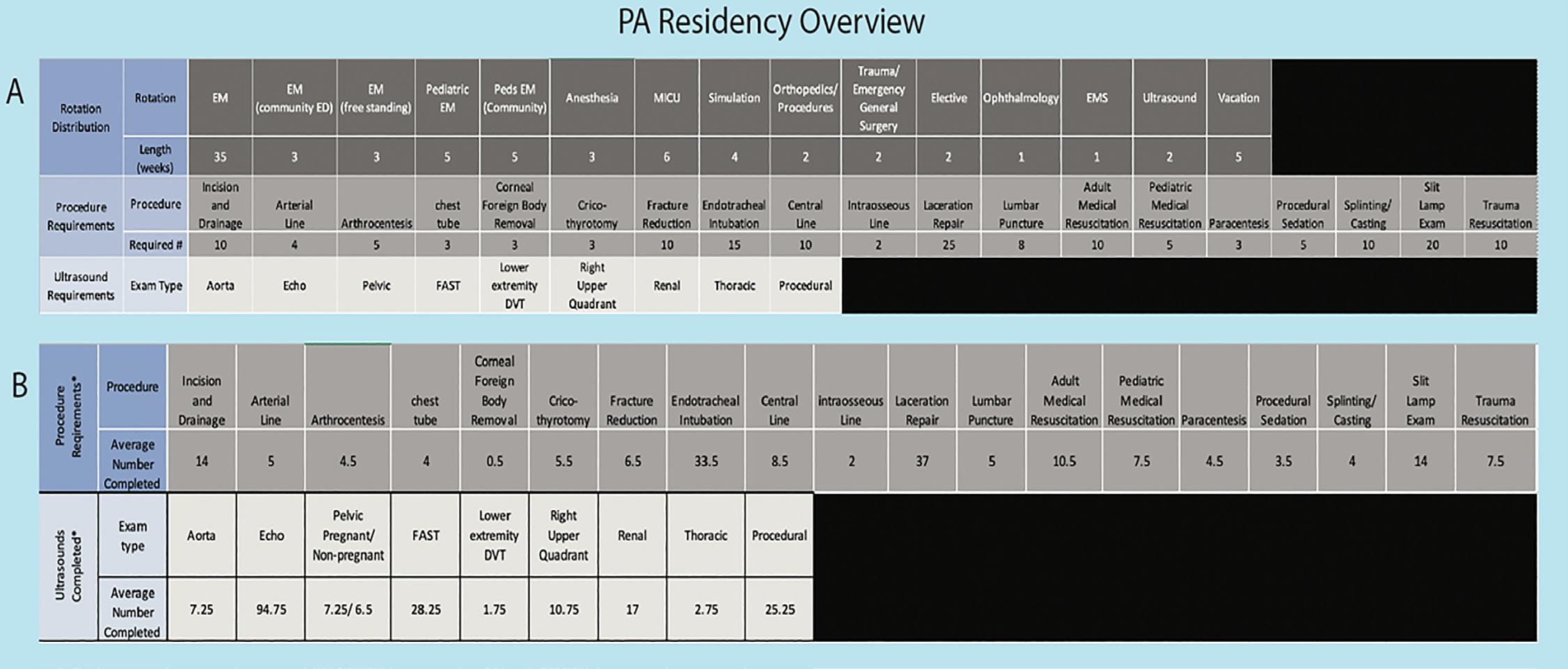Original Research
A Virtual Escape Room versus Lecture on Infectious Disease Content: Effect on Resident Knowledge and Motivation Sara P. Dimeo, MD, MEHP*† Caroline Astemborksi, MD† Jonathan Smart, MD‡ Emily L. Jones, EdD§
*University of South Carolina, Greenville School of Medicine, Department of Emergency Medicine, Greenville, South Carolina † Prisma Health Upstate, Department of Emergency Medicine, Greenville, South Carolina ‡ University of California, Irvine School of Medicine, Department of Emergency Medicine, Orange, California § Johns Hopkins School of Education, Masters of Education for Healthcare Professionals Program, Baltimore, Maryland
Section Editor: Jeffrey Love, MD and Sara Krzyzaniak, MD Submission history: Submitted July 1, 2021; Revision received December 7, 2021; Accepted December 9, 2021 Electronically published January 3, 2021 Full text available through open access at http://escholarship.org/uc/uciem_westjem DOI: 10.5811/westjem.2021.12.54010
Introduction: Medical educators are constantly seeking methods to increase engagement in the era of coronavirus disease 2019 (COVID-19) where virtual and blended learning formats are increasingly common. Educational escape rooms have previously been used to motivate learners, enhance communication skills, and cultivate teamwork. However, it is not known whether escape rooms increase learner knowledge as compared to a lecture format. Methods: This quasi-experimental study included 30 emergency medicine residents at two programs who participated in both a virtual escape room and a lecture on infectious disease content. Learners completed a pre- and post-quiz and a tool to gauge resident motivation for each activity (the Intrinsic Motivation Inventory [IMI]). The primary objective was to determine a change in knowledge as a result of the activities, and a secondary objective was to determine resident motivation for each format. Results: At both programs learners demonstrated a significant improvement in their pre- vs. post-quiz scores for the escape rooms (University of California Irvine [UCI]: 77.8% to 88.9%, p = 0.028, Prisma: 73.81% to 89.68%, p = 0.002), whereas the lectures did not impact a statistical improvement (UCI: 73.8% to 78.6%, p = 0.460, Prisma: 85.71% to 91.27%, p = 0.236). Learners at UCI noted equivalent results on the IMI for both formats, while residents at Prisma noted they were more motivated by the escape room. Conclusion: Emergency medicine residents at two programs participating in a virtual escape room demonstrated a statistical increase in knowledge on infectious disease content as compared to a lecture format and reported positive motivation ratings for both formats, with one program preferring the escape room. [West J Emerg Med. 2022;23(1)9–14.]
INTRODUCTION Medical educators are constantly seeking methods to increase learner engagement, particularly in the era of coronavirus disease 2019 (COVID-19) where blended and virtual learning formats are increasingly common. One innovative modality of teaching used by educators is escape rooms. As described by Nicholson,1 escape rooms are defined as “live-action team-based games where
Volume 23, no. 1: January 2022
players discover clues, solve puzzles, and accomplish tasks in one or more rooms in order to accomplish a specific goal (usually escaping from the room) in a limited amount of time”. Over the past five years, escape rooms have been implemented in medical education for various purposes, including recruitment to nursing programs,2 promoting active learning and engagement,3,4,5 developing teamwork and communication skills,6 teaching specific
9
Western Journal of Emergency Medicine













